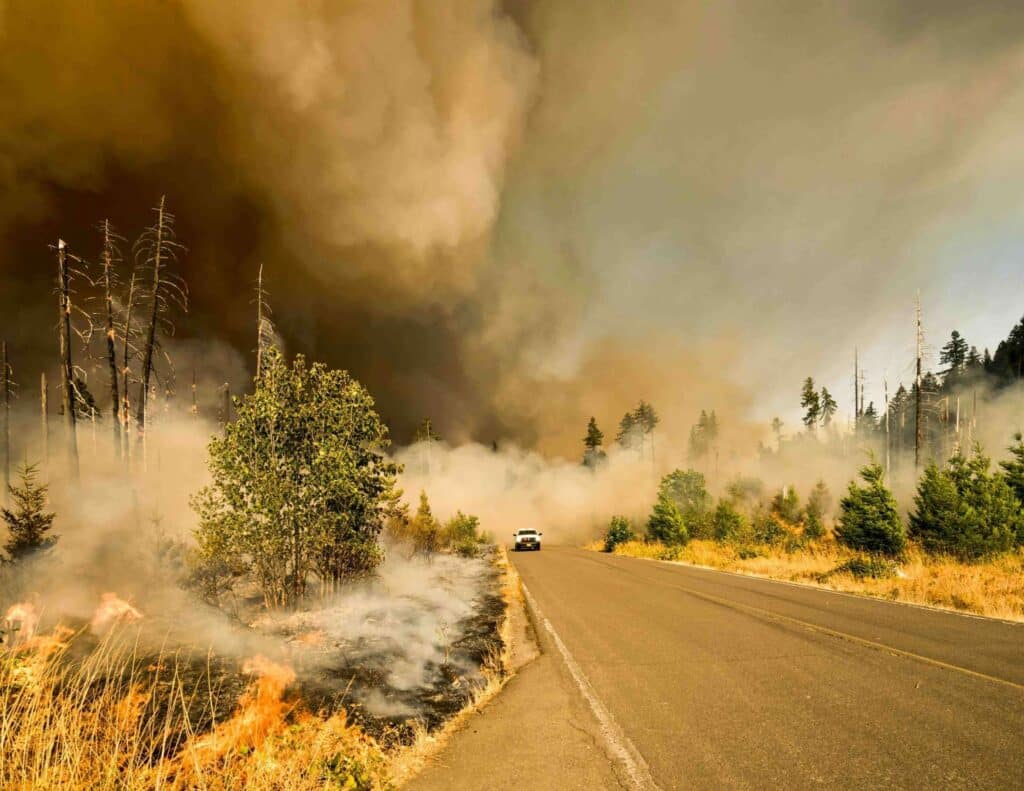The Grain Shed is co-op in Spokane making bread, beer, and meals. They make their bread with landrace grains, which are perennial grains with longer roots that sequester carbon and require less water. The bread is made fresh each day and their beer is made using left-over bread.
They focus on using centuries old, traditional practices to produce higher quality products without preservatives and additives. Nearly all ingredients are purchased locally and one hundred percent of their products are sold in the Spokane community.
Hopworks Urban Brewery (HUB) is based in Portland and brews beer with a purpose. They have made concerted efforts to reduce their water footprint, steadily reducing water use to around three gallons of water for every gallon of beer produced – the industry average is 7-10 gallons.
They further offset their water use by working with Bonneville Environmental Association, a nonprofit focused on improving the environment, to fund water restoration projects. These projects support stream restoration in their local watershed, helping guarantee they will have ongoing access to the clean water needed to brew their beer. They also partnered with Patagonia Provisions to brew a beer using Kernza, with similar characteristics as landrace grains developed through the Land Institute.
Here’s why these strategies are so powerful:
- Consumers, particularly millennials, have increasing expectations that businesses play a role in making positive social and environmental impacts
- Loyal customers are more likely to promote your brand and refer others
- Demonstrating your principles is important, and the B Corp Certification provides an easy signal to consumers you share their values
Over 80 percent of consumers believe that businesses should protect the environment and serve a purpose beyond making a product. And more than 65 percent of consumers and 73 percent of millennials are willing to pay more for products that have positive environmental impacts. Equally important, 95 percent of survey respondents want companies to promote an economy that serves all Americans, and only 45 percent feel that is actually happening.
This means there is a large opportunity for businesses to differentiate themselves and expand their customer base. Engaged millennials are 10 times more likely to become a strong brand advocate and to create that engagement businesses need to have clearly defined their social and environmental objectives. And they need to clearly and simply signal their values to create customer awareness without customers needing to do the work.
Certified B Corps have clearly defined their social and environmental impacts and live their values every day. The B Corp logo provides a clear signal to consumers, simplifying their choices when shopping for products. The certification assures consumers that your company is a force for good and that supporting your company will result in positive impacts.
Want to improve your brand loyalty? We’ve got this.



